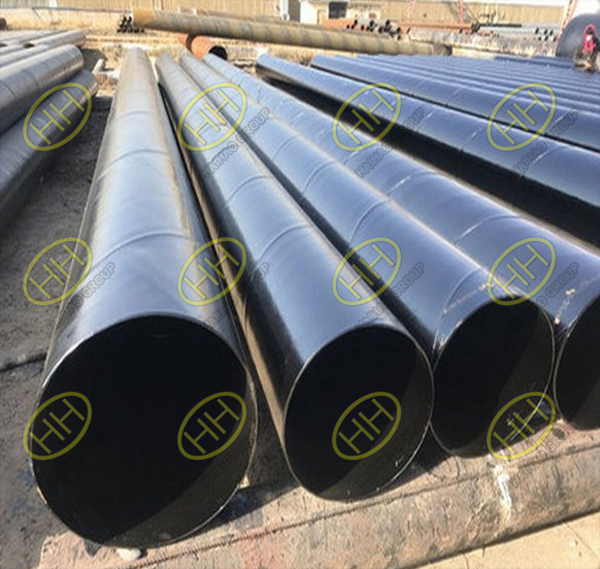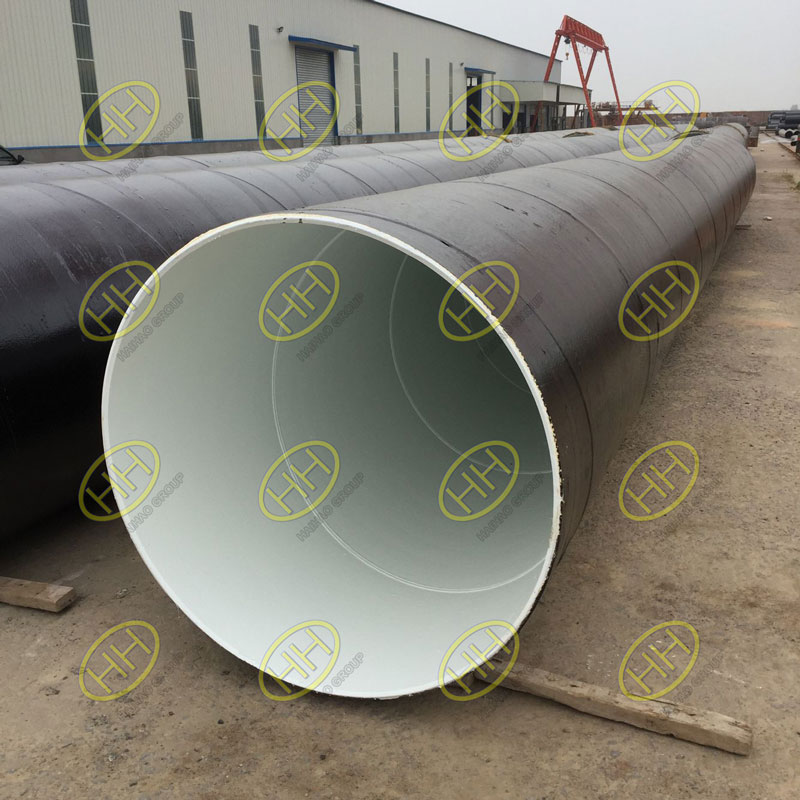Understanding oil and gas pipelines vs water pipelines
When it comes to pipeline systems, it’s essential to understand that not all pipelines are created equal. The specific requirements and challenges posed by different types of fluids necessitate distinct approaches in material selection, coating, design standards, and more. In this article, we will explore the key differences between oil and gas pipelines and water pipelines, shedding light on their unique characteristics and considerations.
Material Selection:
Oil and Gas Pipelines: Due to the corrosive nature of hydrocarbons, oil and gas pipelines require materials with excellent resistance to corrosion, such as carbon steel, stainless steel, or alloy steel. The selection of materials is crucial to prevent leaks, maintain structural integrity, and ensure the safe transportation of these volatile substances.
Water Pipelines: Water pipelines typically utilize materials that are corrosion-resistant but may not require the same level of resistance as oil and gas pipelines. Common materials include ductile iron, PVC (polyvinyl chloride), HDPE (high-density polyethylene), and concrete.
Coating:
Oil and Gas Pipelines: Corrosion protection is of paramount importance in oil and gas pipelines. These pipelines often undergo extensive coating processes, such as fusion-bonded epoxy (FBE) coating, three-layer polyethylene (3LPE) or polypropylene (3LPP) coating, or corrosion-resistant alloys (CRA) cladding. These coatings provide a barrier against corrosive elements, ensuring the longevity and integrity of the pipeline.
Water Pipelines: While corrosion protection is still relevant for water pipelines, the coating requirements may not be as stringent. Common coatings for water pipelines include cement mortar lining, epoxy coating, or polyurethane coating, which help mitigate corrosion and maintain water quality.
Design Standards:
Oil and Gas Pipelines: Oil and gas pipelines adhere to industry-specific design standards, such as API (American Petroleum Institute) standards, ASME (American Society of Mechanical Engineers) codes, and international standards like ISO 3183. These standards govern the material specifications, welding techniques, pressure ratings, and other aspects of pipeline design to ensure the safe and efficient transportation of hydrocarbons.
Water Pipelines: Water pipelines generally follow design standards set by organizations like AWWA (American Water Works Association), ISO (International Organization for Standardization), or regional regulations. These standards cover factors such as pipe dimensions, pressure ratings, joints, and fittings specific to water distribution systems.
Operational Considerations:
Oil and Gas Pipelines: Oil and gas pipelines often operate under high pressure and transport hazardous substances. As a result, they require comprehensive safety measures, monitoring systems, and adherence to stringent regulatory requirements. Leak detection systems, emergency shutdown systems, and rigorous inspection protocols are implemented to ensure the integrity of the pipeline network.
Water Pipelines: Water pipelines typically operate at lower pressures and carry non-toxic fluids. While safety remains a priority, the operational considerations may be different. Water pipelines often focus on maintaining water quality, optimizing flow rates, and implementing efficient distribution networks to meet the demands of the intended users.
Understanding the distinct characteristics of oil and gas pipelines and water pipelines is crucial for selecting the appropriate materials, coatings, and design standards. At Haihao Group, we recognize these differences and offer a wide range of pipeline solutions tailored to specific requirements. Our expertise in material selection, coating technologies, and adherence to industry standards ensures that our customers receive reliable and efficient pipeline systems that meet their unique needs.
Whether you require oil and gas pipelines or water pipelines, Haihao Group is your trusted partner. Contact us today to discuss your project requirements and benefit from our extensive experience in delivering high-quality pipeline solutions that surpass expectations. Together, we can build a sustainable and efficient infrastructure for the future.


